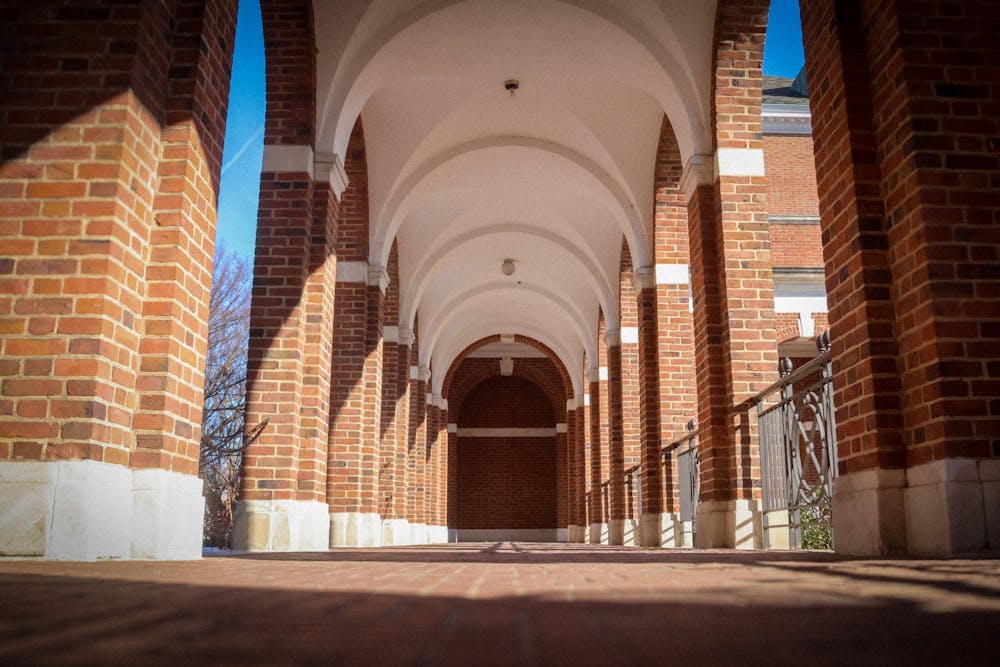The University agreed to pay $18.5 million in a lawsuit to resolve claims that it favored wealthy applicants and limited financial aid on Jan.17.
The lawsuit was filed in 2022 against 17 universities, suggesting that they violated a U.S. antitrust law by taking students’ finances into consideration while making admissions decisions. Hopkins — alongside the California Institute of Technology (which agreed to pay $16.7 million) — continues to deny the allegations, but chose to pay the settlement to avoid further litigation. The court date for final approval of the settlement is set for June 20.
The total settlements as a result of the lawsuit currently amount to just under $320 million. Brown University, Yale University and Columbia University have agreed to pay a combined total of $62 million, Northwestern University a total of $43.5 million, and Vanderbilt University a total of $55 million. The remaining defendants — Cornell University, the University of Pennsylvania and Georgetown University among them — continue to state that they admit students based on qualifications alone, regardless of financial standing.
The 17 universities accused were members of the former 568 Presidents Group, a consortium of need-blind colleges and universities. “568” comes from Section 568 of the Improving America’s Schools Act, which allows colleges and universities to construct common approaches to financial aid distribution, so long as they maintain need-blind admissions. The 568 clause, however, expired in September 2022, when Congress failed to renew it. The group formally dissolved in November 2022.
The lawsuit was initially filed in January 2022 against nine universities but was amended to include eight more — including Hopkins — in February 2022. The amended complaint enumerates data on each university, including the median family income of undergraduate students.
The lawsuit cities data from a study published in 2017 that examined educational outcomes and income distributions of students from the class of 2013. According to the complaint, the median income for Hopkins undergraduates was $177,300, 11% of the undergraduate student body came from the top 1% of the U.S. income distribution, 72% of the student body came from the top 20% and only 2.9% came from the bottom 20%. It suggested that the University took “overt steps” to collude with other universities in this antitrust violation, starting November 2021.
Despite the lawsuit and recent settlement, the University remains committed to upholding its claim to need-blind admissions. The Hopkins financial aid website attests that financial circumstances do not influence admission decisions for domestic applicants.
In their email to The News-Letter, the University reaffirmed this commitment.
“As one of the top universities in the country for financial aid, Johns Hopkins is proud of its full commitment to need-blind admissions,“ they wrote. “All undergraduate scholarships meet 100% of demonstrated financial need and this fall, Hopkins undergraduates had the lowest median student debt among all national universities, expanding access for the highest achieving students, regardless of their financial circumstances.”





